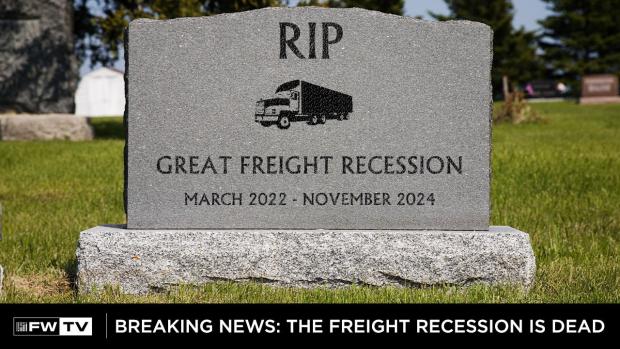
Breaking News
 BREAKING: Federal Agents Descend on Suspected Somali Fraud Sites in Minneapolis (VIDEO)
BREAKING: Federal Agents Descend on Suspected Somali Fraud Sites in Minneapolis (VIDEO)
 BREAKING: Federal Agents Descend on Suspected Somali Fraud Sites in Minneapolis (VIDEO)
BREAKING: Federal Agents Descend on Suspected Somali Fraud Sites in Minneapolis (VIDEO)
 Aargh! Letters of marque would unleash Blackbeard on the cartels
Aargh! Letters of marque would unleash Blackbeard on the cartels
 How a Barter System Could Sustain Communities During a Supply Chain Collapse
How a Barter System Could Sustain Communities During a Supply Chain Collapse
Top Tech News
 EngineAI T800: Born to Disrupt! #EngineAI #robotics #newtechnology #newproduct
EngineAI T800: Born to Disrupt! #EngineAI #robotics #newtechnology #newproduct
 This Silicon Anode Breakthrough Could Mark A Turning Point For EV Batteries [Update]
This Silicon Anode Breakthrough Could Mark A Turning Point For EV Batteries [Update]
 Travel gadget promises to dry and iron your clothes – totally hands-free
Travel gadget promises to dry and iron your clothes – totally hands-free
 Perfect Aircrete, Kitchen Ingredients.
Perfect Aircrete, Kitchen Ingredients.
 Futuristic pixel-raising display lets you feel what's onscreen
Futuristic pixel-raising display lets you feel what's onscreen
 Cutting-Edge Facility Generates Pure Water and Hydrogen Fuel from Seawater for Mere Pennies
Cutting-Edge Facility Generates Pure Water and Hydrogen Fuel from Seawater for Mere Pennies
 This tiny dev board is packed with features for ambitious makers
This tiny dev board is packed with features for ambitious makers
 Scientists Discover Gel to Regrow Tooth Enamel
Scientists Discover Gel to Regrow Tooth Enamel
 Vitamin C and Dandelion Root Killing Cancer Cells -- as Former CDC Director Calls for COVID-19...
Vitamin C and Dandelion Root Killing Cancer Cells -- as Former CDC Director Calls for COVID-19...
 Galactic Brain: US firm plans space-based data centers, power grid to challenge China
Galactic Brain: US firm plans space-based data centers, power grid to challenge China
The Great Freight Recession Is Officially Over

This shift is backed by SONAR data, confirming a market turnaround.
Tender rejections rising: The increase in tender rejections to over 6% signals that the market is tightening. After seeing rejections dip to 3.4% post-Labor Day last year, this change indicates that carriers now have more control in choosing which loads they accept, thus shifting market dynamics in their favor.
Spot rates increasing: Spot rates are also climbing, surpassing those of 2022 and 2023, which tells me there's either a surge in demand or a decrease in available capacity, possibly both. This could catch many expecting the low rates to persist off guard. Truckload rates are up to $1.78 from $1.54 a year ago.
Carrier revenge could be coming next year: "Carrier revenge" implies that carriers, after a period of low rates and high competition, might leverage their position to negotiate better rates or reject tenders more selectively in the coming months, affecting shippers' logistics strategies, especially routing guides.
Decreasing capacity: Speaking of capacity, the upcoming implementation of the FMCSA's Clearinghouse-II regulations on Nov. 18, 2024, will have a significant impact. Trucking expert Adam Wingfield stated that 177,000 truck drivers could potentially lose their CDLs, further tightening the market as state agencies need to query the Clearinghouse for any licensing actions.
This regulation requires:
State Driver Licensing Agencies (SDLAs) to remove the commercial driving privileges of drivers in a "prohibited" status in the Clearinghouse. This action will result in a downgrade of the Commercial Driver's License (CDL) until the driver completes the return-to-duty (RTD) process.
SDLAs must query the Clearinghouse before issuing, renewing, upgrading, or transferring CDLs and Commercial Learner's Permits (CLPs). This step ensures that drivers with unresolved drug or alcohol violations are not allowed to operate commercial motor vehicles.
Political influence: Trump's election could accelerate freight demand as policy changes could stimulate economic activity, increasing the need for freight services. This includes income and corporate tax cuts, bonus depreciation, pre-stocking for tariffs, investment in domestic manufacturing and the change in freight dynamics from containers to surface (trucking, rail and domestic warehousing).



